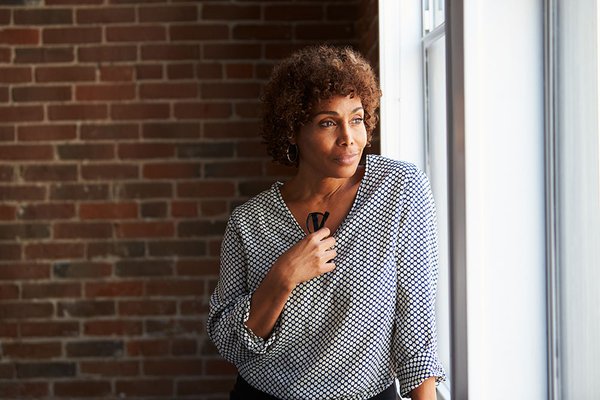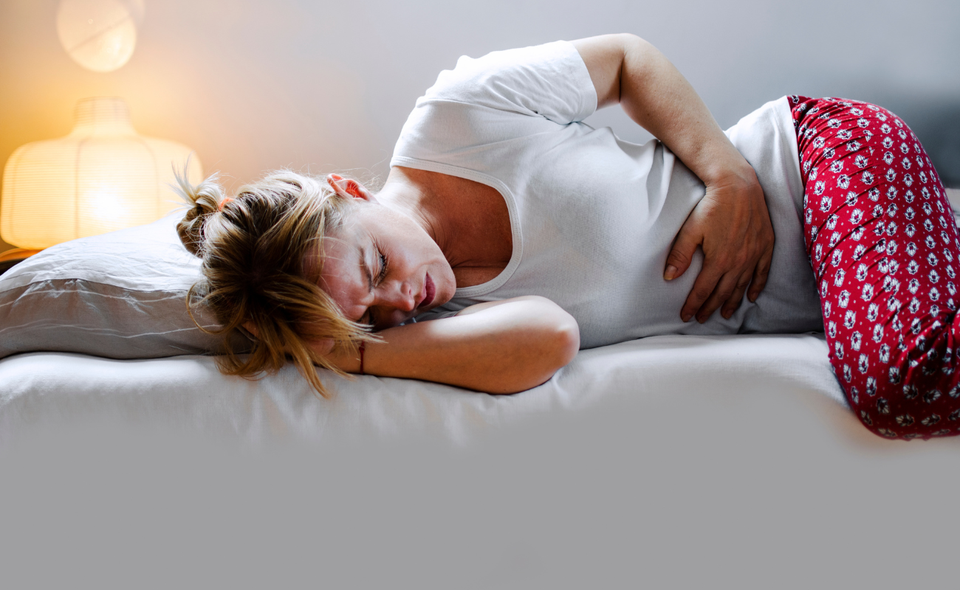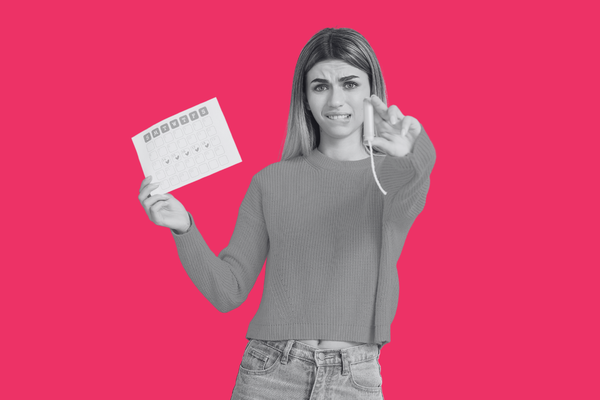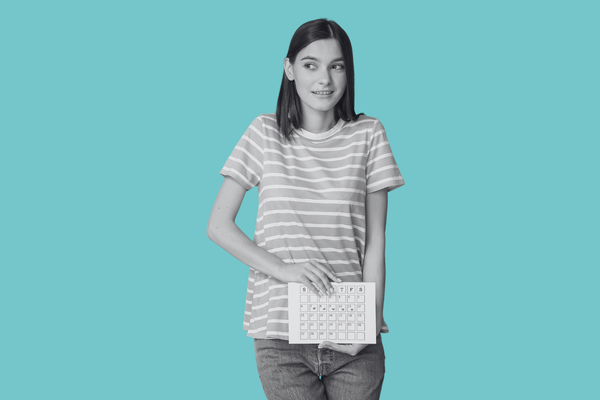
What is vulval cancer?
The vulva is the external part of the female genitals. Cancer in this area can cause a lump that may be sore or bleeding. There are 1,400 new cases in the UK every year.
Endometriosis happens when tissue similar to the lining of the womb grows in other places. It can cause chronic pain, heavy periods and other symptoms affecting your everyday life. With the right treatment, it can be made more manageable.

Endometriosis can affect women of any age, including teenagers.
It happens when tissue similar to the lining of the womb grows in other places, such as in and around the womb.
Endometriosis can also be found on the fallopian tubes, in the ovaries or on the bowel, or more rarely in places like the lung. This tissue responds to hormones that regulate periods and is associated with inflammation. This means endometriosis can cause chronic pain, heavy periods and other symptoms.
Endometriosis is common and affects 1.5 million women in the UK.
It’s a long-term condition that can have a big impact on your life. It can be made more manageable with the right treatment for you.
We do not yet know the cause of endometriosis. The most common theory is that cells from the lining of the womb are shed and move through the fallopian tubes during a period and attach to the inside of the abdomen. This then develops into endometriosis lesions.
How your immune system works may also play a part. We know that for some people there is a genetic link, although there isn’t one particular gene that causes endometriosis.
Some women can be badly affected by symptoms. Others may have no symptoms.
The common symptoms of endometriosis are:
Symptoms of endometriosis can overlap with those of adenomyosis, pelvic inflammatory disease and fibroids. But these conditions aren’t the same and it’s possible to have one or more of these conditions.
Getting a diagnosis of endometriosis can take a long time. This is because the symptoms are like lots of other common conditions.
See your GP if your symptoms are having a big impact on your life, like missing work, school or activities that you enjoy. Or if your pain is not controlled by painkillers.
It can be helpful to write down your symptoms before seeing your doctor and how they relate to your periods. The charity Endometriosis UK has a pain and symptoms diary you can use.
Your GP will ask you about your symptoms and may examine your tummy and vagina. They might recommend some treatments. The GP might send you to see a specialist (gynaecologist) for tests or arrange an ultrasound scan.
The main way to be certain you have endometriosis is by a laparoscopy. This is an operation where a thin camera (called a laparoscope) is passed through a small cut in your tummy. Sometimes it is possible to remove the areas of endometriosis at the same time during this procedure.
After the laparoscopy, the doctor will be able to tell you if you have endometriosis. It’s also possible that no endometriosis is seen at laparoscopy. Your doctor will discuss the findings and any further treatment.
An ultrasound and MRI scan may be suggested. But it’s important to note that a normal result from these scans does not mean you don’t have endometriosis.
Even though it can take a long time to diagnose endometriosis, it is still important to see your GP. You could print this page out and take it with you.
There’s no cure for endometriosis, but there are treatments to help your symptoms.
These include:
A hysterectomy is not a cure for endometriosis, but, for some a hysterectomy might relieve some symptoms.
Like all surgery, surgery for endometriosis does carry some risks of complications and not all people having surgery will have improvement in their symptoms. The NHS has more information. Talk to your doctor about this.
Endometriosis can affect your bowel and the bladder. If you have this type of endometriosis that needs specialist treatment, you might be referred to a BSGE accredited endometriosis specialist centre.
It’s ok to ask questions about your care so you can get the information you need . You could ask about your treatment options and the benefits and risks of each. This can help you decide what’s right for you.
Pain, lack of energy and depression caused by endometriosis can make life difficult. Speak to your GP or nurse or ask for a referral for more support to help you manage these symptoms.
Hot and cold therapy may help improve some types of pain. This is where heat pads and ice packs relax your muscles or numb pain. A heated pad or a hot water bottle or TENS machine bottle may also help ease pain.
Exercising, eating a balanced diet, drinking less alcohol and stopping smoking can all help your general health which may make it easier to manage your symptoms. Some people have found that some of the dietary changes suggested to people with IBS can help with their symptoms. If you do want to make changes to the foods you eat, it’s important that you have a balanced diet and get the right nutrients.
Alternative therapies and lifestyle changes can help you to manage symptoms. Certain types of exercise, particularly stretching, has shown to improve pelvic pain. You might find yoga, mindfulness and meditation helpful.
Not all women with endometriosis have fertility problems. But some may struggle to get pregnant. Surgery to remove endometriosis tissue might help or in other cases fertility treatment such as IVF might be more appropriate.
If you’re having problems getting pregnant, your doctor may recommend fertility treatments.
Some women with endometriosis develop:
You may need surgery to treat these.

The vulva is the external part of the female genitals. Cancer in this area can cause a lump that may be sore or bleeding. There are 1,400 new cases in the UK every year.

You might be nervous about getting your first period, or you might have had periods for a while but are finding them difficult. You’re not alone.

Don’t worry, we’ve got the lowdown on how to feel supported while sorting fact from fiction.